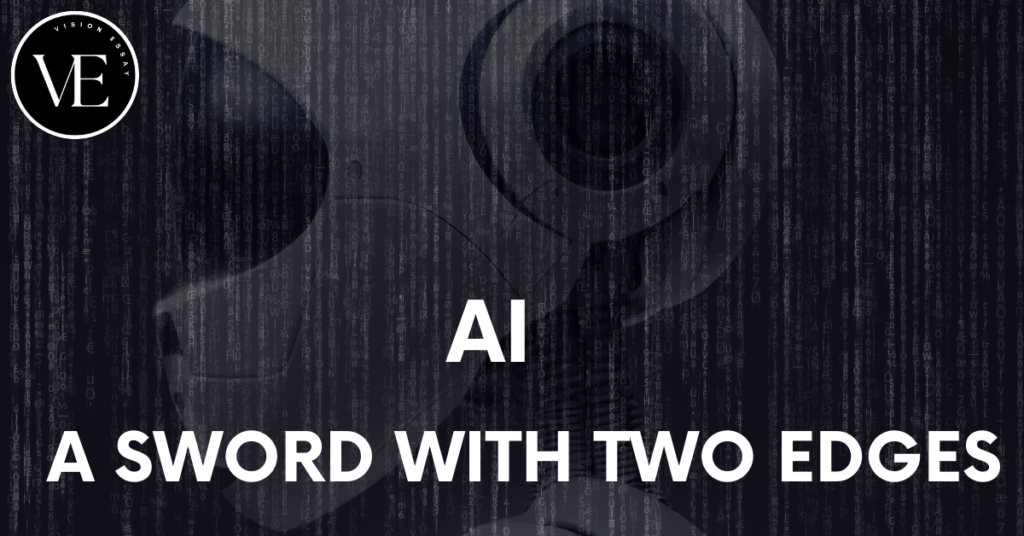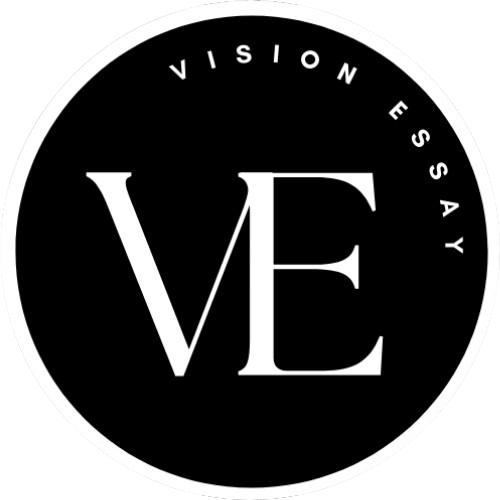
Introduction
Political parties and the voters, however, cannot afford to overlook the Artificial Intelligence (AI) factor in light of the announcement of the seven-phase general election scheduled for April 19, 2024, to be conducted on June 1. Elections are set to take place in up to 50 nations worldwide this year, including the US, the UK, Mexico, India, and the Philippines.
There’s no denying AI’s promise. Many people, including Sam Altman of OpenAI in the US, think it’s the most significant technological advancement in history. Proponents of AI also think that technology will significantly raise and elevate millions of people’s standards of living. As of right now, it’s uncertain, though, if powerful AI poses “existential risks” or, contrary to popular belief, will erode human values.
What Effects Will AI Have on Elections Around the World?
Global elections are surrounded by the shadow of massive language models, and interested parties are aware that the outcomes of an election might be greatly impacted by the relatively effective use of an AI-generated misinformation tool, as well as campaign narratives.
- Emergence of Artificial General Intelligence (AGI)
- Fast technical advancements in artificial intelligence (AI), particularly in its recent incarnations like generative AI, come with drawbacks. While it may be too soon to properly assess the potential effects of Artificial General Intelligence (AGI)—AI systems that mimic human capabilities—all of this points to an additional aspect of unavoidable electoral dynamics.
- AIs, Gamechangers in Manipulating Electoral Behaviour
- The use of AI models such as ChatGPT, Gemini, and Copilot in a variety of sectors is becoming more and more common knowledge for people across the world. But 2024 will show how more recent AI models may have a big impact on voting patterns and results.
- It would be a mistake to underestimate the possible influence of AI on the electoral scene. What might not happen in 2024 might very well happen in the next election cycle, in India and globally.
- Promoting ‘Deep Fake Elections’
- AI’s employability may significantly contribute to the electorate’s continued confusion. As it is, a lot of people are already calling the global elections in 2024 the “Deep Fake Elections,” as they were produced by artificial intelligence (AI).
- Whether this is all true or not, the Deep Fake condition seems inevitable because more and newer propaganda tools are developed to undermine democratic processes with every election.
- Spreading Disinformation
- Misinformation and disinformation are among the top 10 hazards according to the World Economic Forum’s (WEF) Global Hazards Perception Survey. This is because large-scale AI models with user-friendly interfaces have made it possible for a surge in misleading information and “synthetic” material, such as sophisticated voice cloning and phony websites.
- Inherent Inaccuracies in Such Models
- The extensive media coverage of a recent wave of Google-related errors serves as a helpful reminder that artificial intelligence (AI) and machine learning (AGI) are not reliable in all situations. Google AI models have caused public outrage throughout the globe, especially in India, for inaccurately or intentionally portraying people and personalities in a malevolent way. These accurately capture the perils of “runaway” AI.
- Over-Reliance on AIs
- As countries depend more and more on AI solutions to solve their problems, it is important to recognize what many AI specialists call AI’s “hallucinations.”
- In particular, scientists suggest that AGI occasionally creates false knowledge to solve new problems. These fabrications can’t be taken at face value right away because they’re frequently probabilistic. These reasons suggest that, at this early stage of development, an over-reliance on AI systems may provide difficulties.
- Lack of Effective Regulation
- India has a problem with the regulation of AI. With a focus on minimizing user harm, the Indian government has alternated between being non-regulatory and being more careful, which has created an environment that is conducive to misuse.
- The pro-innovation position is the foundation of the argument against AI regulation, which highlights the need to encourage and adjust to the fast progress of AI technologies rather than limiting their expansion and societal integration by regulatory actions.
- Lack of Effective Checks by the Largest AI Platforms
- The most well-known generative AI firms for visual tools forbid users from producing “misleading” pictures. Nonetheless, over 40% of the time, researchers from the British nonprofit Center for Countering Digital Hate (CCDH) were able to create misleading images related to elections using four of the most popular AI platforms: Microsoft’s Image Creator, OpenAI’s ChatGPT Plus, Midjourney, and Stability.ai’s DreamStudio.
Also read: Genie From Google DeepMind
What Actions Are Needed to Face AI’s Effect on Elections?
- Tech Agreement to Fight AI Theft in 2024 Elections
- At the Munich Security Conference in February, 22 firms signed on to the Internet Accord, in 2024, which promised to address vulnerabilities to democracy during this election year. These companies included internet heavyweights Amazon, Google, Microsoft, and Meta, as well as AI developers and social platforms.
- Developing and Implementing Technology to Mitigate Risks
- Acknowledging realistic AI-generated visuals and/or verifying the legitimacy of material and its source—while acknowledging the limits of all such solutions—to support the advancement of technical advancements aimed at reducing the hazards associated with Deceptive AI Election material.
- putting more money into the development of new provenance technologies for pictures, video, and audio.
- working to integrate machine-readable data, where suitable, with user-generated, realistic AI-generated audio, video, and picture material produced using models covered by this agreement.
- Appropriately Address Deceptive AI Election Content
- To uphold the values of safety and free speech, we are attempting to appropriately address any misleading artificial intelligence election content that we have discovered is posted on internet distribution platforms and meant for public dissemination.
- To do this, policies may need to be adopted and published, and efforts may be made to include contextual information on realistic AI-generated audio, video, or image material.
- Engaging with Global Civil Society
- Maintaining contact with a wide range of international academic institutions, civil society organizations, and other pertinent subject matter experts via formal channels or events to help the companies better understand the global risk environment as they independently develop the technologies, tools, and projects they have outlined.
- Foster Public Awareness
- Supporting campaigns to educate the public about the risks posed by deceptive AI election content and how they can better protect themselves from being tricked or misled by such content.
Conclusion
The exponential growth of AI is a major turning point in human history and might eventually lead to the development of Artificial General Intelligence (AGI) from Generative AI that can mimic human intelligence. The effects of artificial intelligence on political dynamics are too important to ignore as the globe gets ready for a wave of elections in 2024, including those in India and many other nations.
Artificial intelligence (AI), especially in its more modern incarnations like generative AI, presents potential as well as difficulties in influencing voting patterns and results. As artificial intelligence (AI) gains traction, it is critical to confront its disruptive potential, particularly in the context of elections, to protect democratic procedures and maintain the credibility of electoral systems.
Frequently Asked Question(FAQs)
Is Artificial Intelligence a double-edged sword?
It’s also a double-edged weapon that may be utilized for both good and bad, much like any other technological instrument. All we have to do is keep in mind that the evil actors must also learn how to study and exploit it.
What is the meaning of the idiom a double-edged sword?
A double-edged sword is a metaphor for something that may have both positive and negative effects. When using a double-edged sword, you must take caution to avoid cutting yourself while swinging it at an adversary.
What is an example of a double-edged sword?
Anything when there are unavoidably negative consequences in addition to the positive ones: Studying at home has its advantages and disadvantages. On the one hand, you can get out of bed at 10 a.m. and go to class while still in your jammies, but you can as easily miss class.
Can AI be used as a weapon?
Millions of unmanned aerial vehicles, or UAVs, are being used by both sides to spy on and strike enemy locations. AI is being used extensively to control these drones. While some of these drones are more sophisticated assault weapons, others are made from modest, straightforward kits that are available from civilian manufacturers.
Sources:
- https://www.hindustantimes.com/ht-insight/future-tech/artificial-intelligence-and-cybersecurity-a-double-edged-sword-101698729613911.html
- https://www.indiatoday.in/india-today-insight/story/why-ai-in-defence-is-a-double-edged-sword-2492218-2024-01-22
- https://www.weforum.org/agenda/2023/10/the-double-edged-sword-of-artificial-intelligence-in-cybersecurity/
- https://news.cgtn.com/news/2024-03-14/Russian-student-calls-AI-a-double-edged-sword-1rXnFQ8nFdK/p.html
